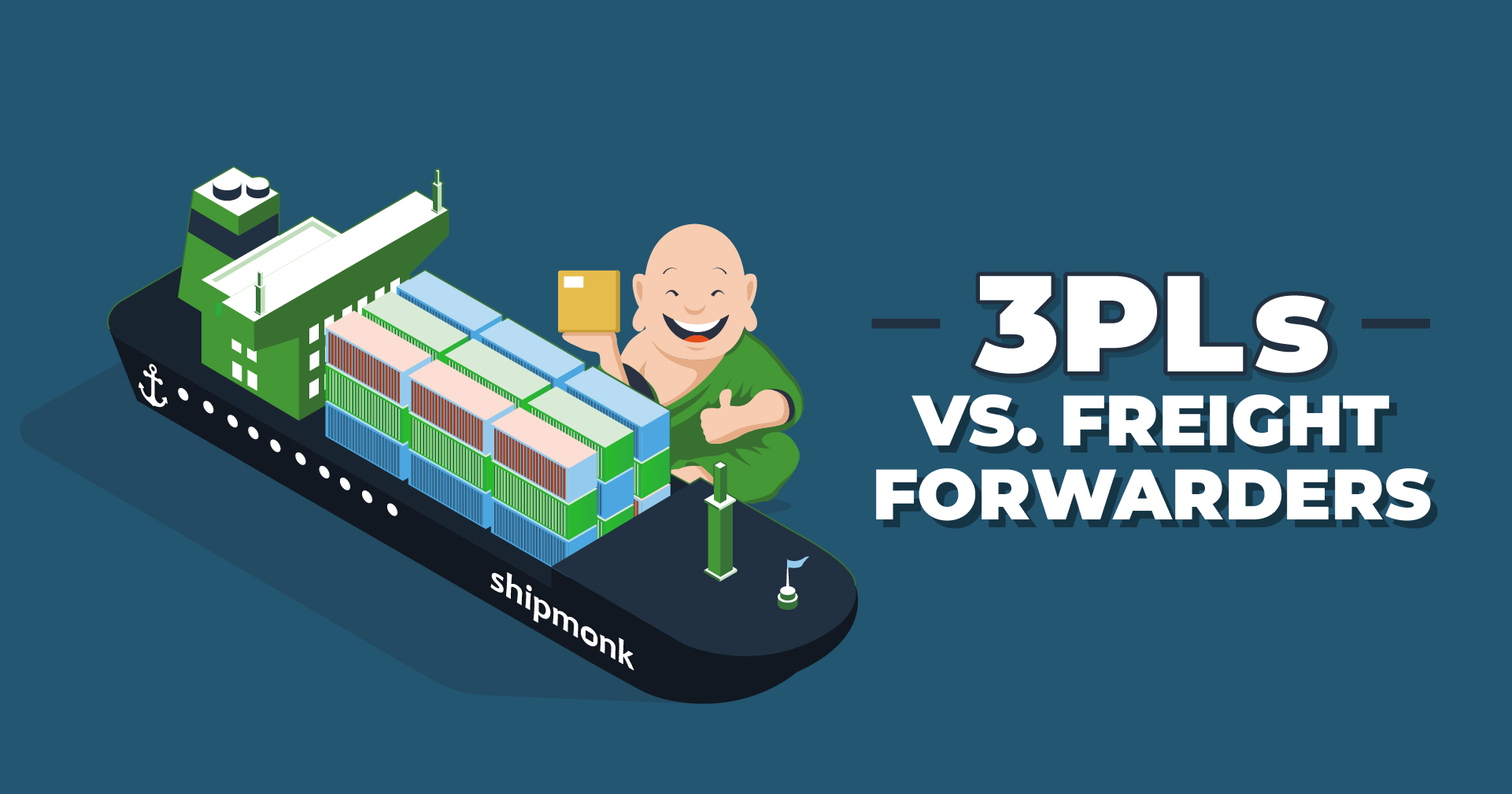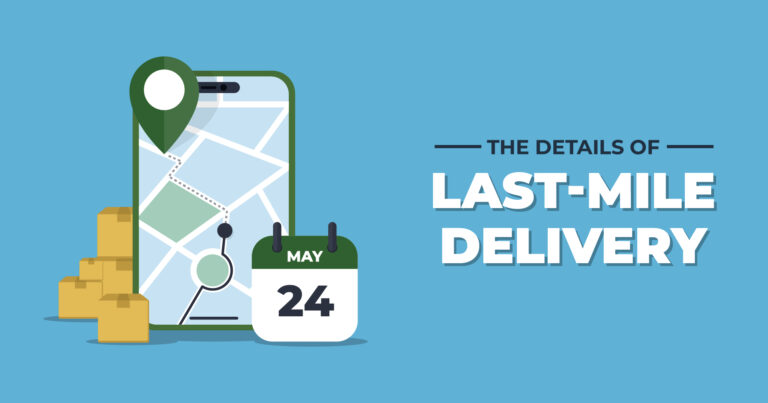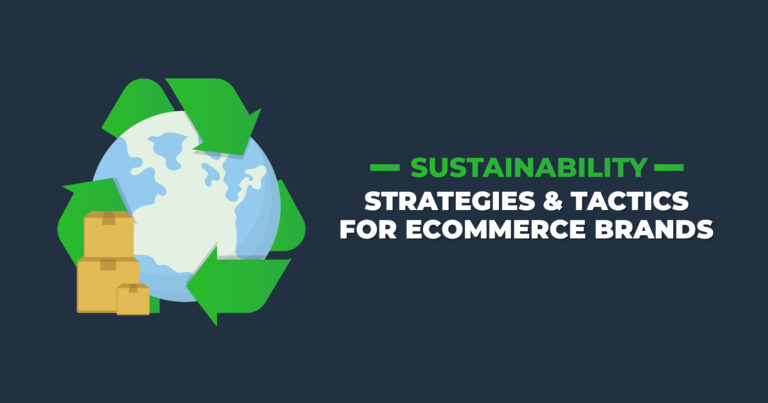3PLs vs. Freight Forwarders
Ecommerce business owners spend a lot of time and energy moving goods around: raw materials to manufacturers, finished goods to warehouses or fulfillment centers, and final deliveries to customers’ addresses, to name the primary examples. But, short of escorting it yourself, how do you get your precious merchandise from China to Los Angeles? How can you be sure you’re getting the best cross-country shipping rate? What happens when you can’t keep up with orders, a shipment gets lost, or you realize your shipping costs are wiping out your profit margins?
Fortunately, there are experts out there who specialize in logistics; unfortunately most of them specialize in certain types of logistics. So, depending on your situation, you may have to contract with multiple carriers and/or partners to fill these gaps in your supply chain. The two types of logistics experts most commonly needed by ecommerce brands are the freight forwarder and the 3PL (third-party logistics provider). Today we’re going to cover what these companies do, and when and where you might use each of them.
What is a Freight Forwarder?
A freight forwarder is a company that specializes in moving large quantities of goods, in bulk, from one place to another. They work directly with shipping carriers, on your behalf, to coordinate shipments across oceans, international borders, continents and countries, using as many (or as few) different carriers and modes of transportation as necessary. They are experts in sea, air, and ground transport, and at shepherding goods smoothly through customs and port authorities. Because they move large quantities of goods, they can negotiate better shipping rates than any ecommerce business could on its own. They can even combine small quantities of goods from various clients into one shipping container to lower the cost for all.
Freight forwarders take possession of the goods they are transporting, and are therefore responsible for handling any problems that might occur during transport. They do not own the merchandise, trucks, or ships, nor do they manage the port workers or drivers, but they do manage all the details as the goods are loaded, unloaded and transported from place to place. In other words, they handle the red tape associated with logistics that causes many ecommerce owners to lose sleep.
What is a 3PL?
Shipping large pallets of bulk goods to a single warehouse is vastly different from accurately picking and packing individual orders from thousands of SKUs, and shipping these small parcels to thousands of different residential addresses. That’s what a 3PL does.
A 3PL fulfillment company partners with many ecommerce businesses to safely store their inventory and handle their direct-to-consumer (DTC) fulfillment and shipping operations. The 3PL invests in the warehouse space, automation, systems, and employees to make the fulfillment process as efficient as possible, and the ecommerce business benefits from sharing these costs with hundreds of like-minded business owners. Because it ships out hundreds of thousands of packages each day, the 3PL earns discounted shipping rates from its vast network of carriers and can pass those savings on to its ecommerce clients.
Some Companies Can Do Both
In some cases, a 3PL that manages DTC and fulfillment might also be able to handle large shipments of inbound goods for its ecommerce clients. As their clients expand into multichannel sales and develop relationships with marketplaces and retailers, the 3PL might also be able to handle outbound B2B or retail fulfillment. These bulk shipping capabilities would qualify that 3PL as a freight forwarder. ShipMonk is one example of this type of 3PL.
In other cases, a freight forwarder might own one or more warehouses or distribution centers where they can temporarily store the goods they’re transporting on behalf of their clients. Because the goods will eventually be moved out, that warehouse likely has B2B (wholesale) fulfillment capabilities, but might also have DTC fulfillment capabilities for smaller orders. These fulfillment capabilities would qualify that freight forwarder as a 3PL.
Which is Better?
Whether you need a freight forwarder or a 3PL depends on the quantity of goods being shipped and your particular situation. Freight forwarders are better situated to handle bulk shipments that don’t require a long-term commitment. That said, if your business is primarily wholesale and, as such, is always shipping goods in bulk quantities, a partnership with a freight forwarder might be just what you need.
A 3PL, on the other hand, spends a lot of time and effort onboarding new clients to prepare for DTC fulfillment — everything from receiving inventory to tech integrations, loading SKUs into its warehouse management system, slotting inventory for efficient pick and pack, and training its employees. If your ecommerce business is primarily DTC, you can’t use one 3PL this week, and a different 3PL next week. This company becomes a long-term partner and an extension of your business.
Small ecommerce companies may be able to handle their own fulfillment and simply need the help of a freight forwarder once or twice a year to import their goods. As they grow, DTC fulfillment becomes more complex. A 3PL can ease their growing pains. If that 3PL has freight forwarding capabilities, they might not need a separate freight forwarder, or they might contract with one in certain situations. If their 3PL can’t handle freight forwarding, they’ll need to contract with both a freight forwarder and a 3PL.
Let’s summarize.
You need a Freight Forwarder if …
- You have your own warehouse and handle your own fulfillment without problems, but need to regularly ship your inventory there.
- Your business is primarily B2B or wholesale.
- You unexpectedly need to move a large quantity of inventory from one place to another.
- You want to ensure that you’re getting the most affordable shipping rates but can’t fill an entire shipping container.
- You want help with customs and border crossings when importing or exporting large quantities of goods.
You Need a 3PL if …
- You need storage and DTC fulfillment services, in addition to shipping.
- Your business is primarily direct-to-consumer DTC sales but you want to allow for expanding into other channels.
- You need help with customs and border crossings when importing inventory or fulfilling international orders. For example, ShipMonk can save ecommerce clients thousands of dollars on US import duties and tariffs by setting up Section 321 shipments from fulfillment centers in Mexico and Canada. Additional fulfillment centers in the UK and Europe can save customers shipping costs on international orders.
- You wish you could move your inventory into multiple fulfillment centers across the country in order to reduce shipping distances and costs.
- You’re having trouble keeping up with orders, or experiencing issues with lost inventory and order accuracy, but can’t afford to upgrade your systems or warehouse.
Do You Need Both?
You need ShipMonk! We are America’s fastest-growing third-party logistics provider (3PL) for DTC, B2B, and retail fulfillment, empowering sustained growth for ecommerce brands of all sizes across all verticals. Our enterprise-level fulfillment services stand out amongst other 3PLs thanks to our seamless integrations, superior shipping rates and services, and our powerful order, inventory, and warehouse management technology. What’s more, we offer freight forwarding services, too. Contact us to learn more.



